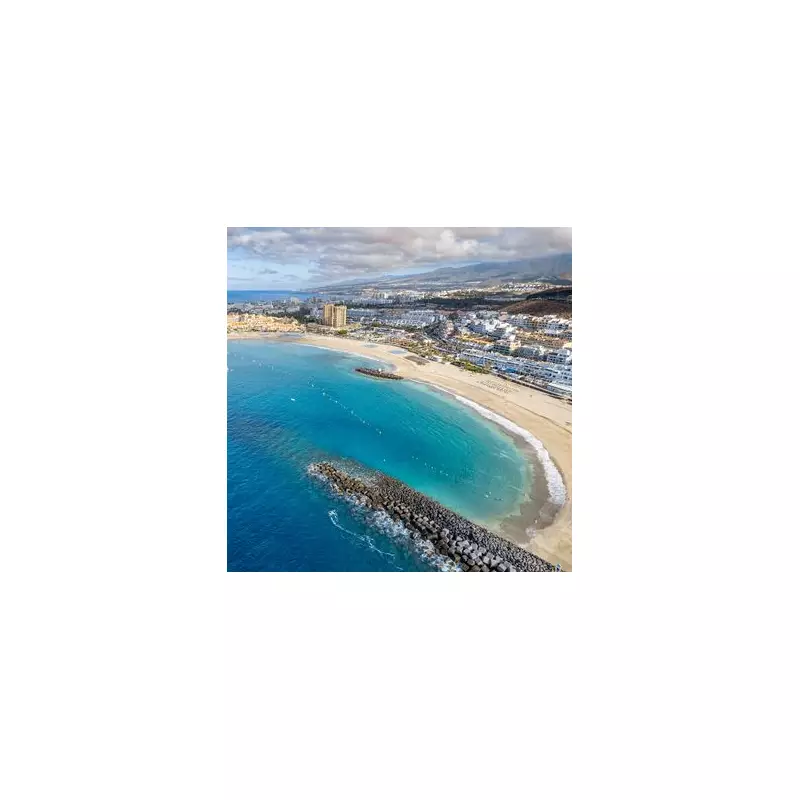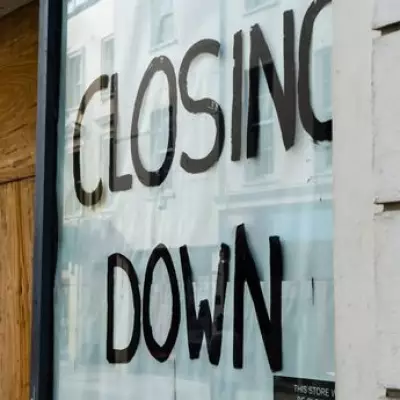
British holidaymakers seeking winter sun in the Canary Islands could face a tougher time securing their favourite accommodation, following a major legal crackdown approved by the islands' parliament.
What the New Laws Mean for Holiday Lets
After more than two years of debate, the Parliament of the Canary Islands has passed a controversial new bill that fundamentally changes the rules for holiday rentals. The legislation, passed following a heated debate last week, has been met with fierce opposition from holiday let companies and local councils who must now enforce the measures.
The ASCAV (Asociación Canaria del Alquiler Vacacional), representing holiday rental owners across the archipelago, called it a "black day," warning the changes will disproportionately impact small-scale operators and reduce choice for visitors.
Key Changes for Property Owners and Tourists
The new regulations introduce sweeping changes. Crucially, holiday rentals will now be officially classified as a business activity, even for families occasionally letting out their own homes.
Local councils have been given a five-year window to define specific zones where holiday lets are permitted. They must prove these areas can support the tourist infrastructure. Until these zones are established, no new licences will be granted.
Further stringent requirements include:
- New minimum standards for property size and energy efficiency.
- A rule that properties must be at least ten years old before being let out.
- Tourist-rental licences will now be valid for only five to ten years, requiring owners to apply for renewals.
Reserving Housing for Locals and the Impact on Tourism
In a move to address the housing crisis, councils must now ensure that 80% of housing is reserved for residents. This figure rises to 90% in major tourist hotspots.
Areas identified as "municipalities facing demographic challenges" from tourism will see a complete suspension of new holiday let licence applications, though existing ones remain valid. In zones where the 10% tourist let allowance is already met, no new applications will be accepted until the cap is raised.
This places a significant burden on the current 70,000 licence holders, particularly in areas with a 'stressed housing market'.
The changes come after two years of sustained protests on the Canary Islands and mainland Spain, where locals held signs reading 'Canaries have a limit'. Despite some protesters urging tourists to stay away, destinations like Tenerife still experienced a tourist surge this past summer.
Critics argue the new laws create a "massive workload" for local authorities, who now have an eight-month deadline to create a plan for checking and enforcing the new health and safety standards.





